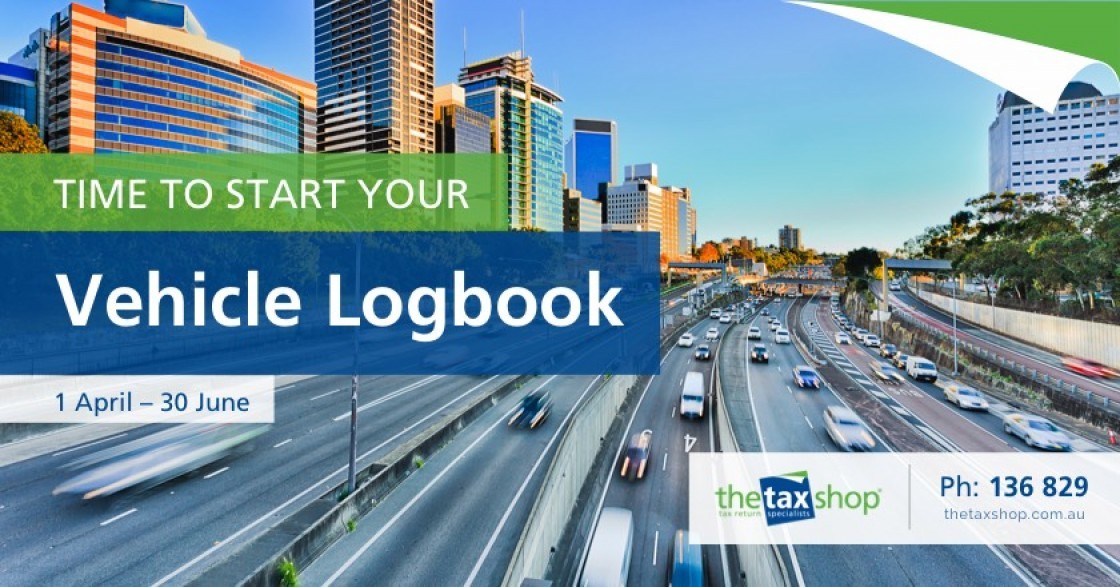
It's time to start your logbook now!
If you travel a lot of kilometres for work, you might get a bigger deduction if you keep a logbook for 12 weeks. You can still claim 5000 km without a logbook but the top rate per km has been reduced so the maximum claim is $3,400.
If your car use for business and work exceeds 35%, to maximise your car claim you may need to complete a vehicle logbook before 30 June.
Is your business use of your car likely to be more than 35% of your travel?
YES: Start your logbook as soon as possible.
NO: Continue to use a diary to record your business km traveled and we’ll claim based on 68 cents per km.
From 1 July 2015, there are only two methods available for claiming car expense deductions:
- Cents per kilometre method
- Logbook method
Cents per kilometre Method
Separate rates based on the size of the vehicle engine are no longer available from 1 July, 2015.
The 2019 rate to be used is 68cents per km (there were previously three rates based on the vehicle engine size, ranging from 65 cents to 77 cents in 2015).
You can claim a maximum 5,000 business km per car.
You don’t need written evidence for the km traveled but you must be able to show how you worked out your business km (e.g. Diary records).
Logbook Method
Your claim is based on the business-use percentage of the expenses for the car.
To work out your business-use percentage, you need a logbook and the odometer readings for the logbook period.
The logbook period is a minimum continuous period of 12 weeks. THIS MEANS IF YOU WISH TO USE THE LOGBOOK METHOD IN A FINANCIAL YEAR, YOU MUST START THE LOGBOOK BY 1st APRIL OF THAT YEAR.
The 12 week period must be representative of your travel throughout the year.
You can claim fuel and oil costs based on either actual receipts or estimates based on the km traveled and average fuel consumption during the year.
You need written evidence for all other expenses for the car.
NOTE: A logbook is only required once every 5 years – unless your pattern of use changes.
Information your logbook must contain
- when the logbook period begins & ends
- the car’s odometer readings at the start and end of the logbook period
- the total number of kilometers the car traveled during the logbook period
- the number of kilometers traveled for each journey recorded in the logbook
- the start and finish times of each journey
- odometer readings at the start and end of each journey
- kilometers traveled for each journey
- reason for the journey
- the business use % you have calculated for the logbook period
- the odometer readings at the start and end of each income year you use the logbook method
Should you keep a logbook?
As a rule of thumb, if your work-related travel exceeds 35% of your total annual km's traveled, it may be in your interest to maintain a log book. e.g.
| Total annual km traveled | 15,000km | |
| Work-related km travelled | 5,250km | (35%) |
| Total Car Expenses (including depreciation) | $12,350 | |
| Tax deduction available under cents per km method | $3,400 | |
| Tax deduction available under logbook method | $4,322 |
Your personal situation will depend on the km traveled during the year and the value of your car for depreciation purposes.
The benefits can be substantial!
Visit your local Newsagent or Officeworks store to inquire about purchasing your log book.
